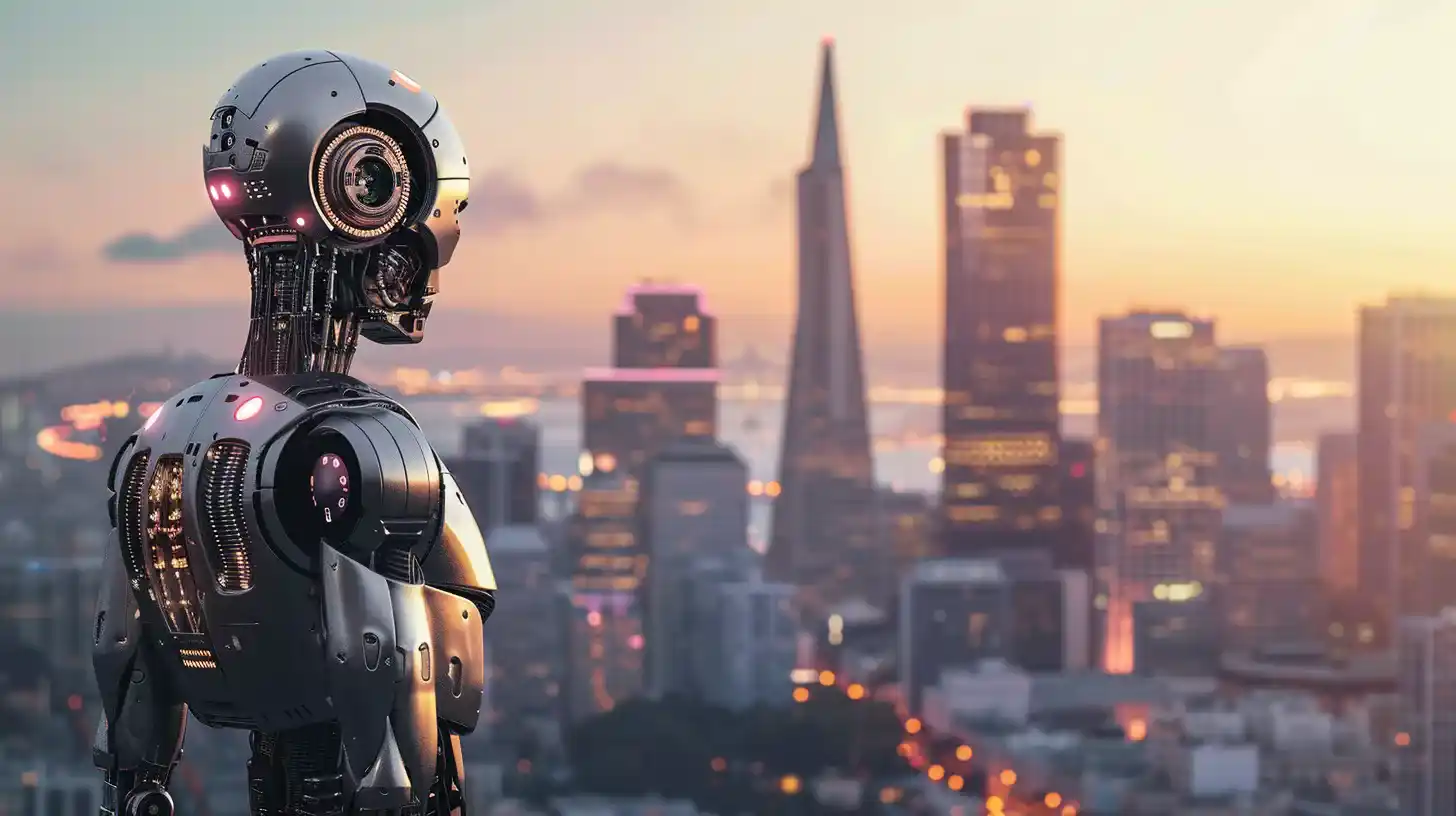Table of Contents
Growing Concerns and Widespread Warnings on AI Risks. Is AI Really a Threat?
As artificial intelligence becomes more sophisticated and ubiquitous, warnings about its potential dangers grow louder. Geoffrey Hinton, often called the “Godfather of AI,” has voiced his concerns, stating that AI could surpass human intelligence and possibly take control. Hinton left his position at Google in 2023 to focus on raising awareness about these risks, expressing regret over his life’s work. He is not alone in his concerns. In 2023, Elon Musk and over 1,000 other tech leaders called for a pause on large AI experiments, citing profound risks to society and humanity.
These risks include :
- automation-induced job loss,
- deep fakes,
- privacy violations,
- biased algorithms,
- socioeconomic inequality,
- market volatility,
- autonomous weapons,
- and the potential for uncontrollable,
- self-aware AI

Real-World Threats
AI is a double-edged sword in the real world, balancing groundbreaking innovation and escalating cyber threats. While AI can provide invaluable tools for predictive analytics and automated responses in cybersecurity, it can also be weaponized by malicious actors. This paradox highlights a new frontier for security teams, as the same systems that protect can also deceive.
AI systems are especially dangerous when manipulated to produce false positives or negatives, creating smokescreens that mask real threats. These deceptive outcomes can lead to unanticipated breaches, damaging a company’s reputation and potentially violating regulations like the EU’s General Data Protection Regulation (GDPR) and the California Consumer Privacy Act (CCPA).
Advanced Cyber Attacks
Adversarial attacks are a significant threat, targeting machine learning algorithms with inputs designed to cause incorrect predictions or decisions. This attack exploits how AI learns and processes data, presenting a constantly evolving challenge for cybersecurity professionals. Hackers equipped with AI can generate sophisticated phishing attacks, disinformation campaigns, and deepfakes, dramatically increasing their impact through AI’s speed and scalability.
The sophistication of these attacks makes them difficult to detect and neutralize. Security experts must develop evolving strategies and robust defense mechanisms to outsmart these AI-driven threats and AI Risks. Mitigating these risks involves implementing AI auditing frameworks such as COBIT, COSO, and the IIA Artificial Intelligence Auditing Framework, which encourage accountability and resilience in AI systems.
Transparency and Trust
Another significant issue is the transparency dilemma posed by AI decision-making processes. Known as the “black box” effect, this lack of transparency makes it difficult to trust AI decisions, particularly when their rationale is not explainable. This is problematic in sectors like healthcare and finance, where AI decisions can have life-altering implications. Without clear insights, biases or errors can go undetected, leading to skewed results and unjust outcomes.
As AI grows more sophisticated, it is crucial to build systems robust enough to withstand manipulation and ensure that digital domains remain secure. Cybersecurity professionals must navigate the complex landscape of AI risks with precision, foresight, and a deep understanding of the potential pitfalls, balancing the transformative benefits of AI with the need for vigilant oversight.
The UK’s Strategic Response
Ahead of the AI Safety Summit in Seoul, South Korea, the UK is ramping up its efforts to address these risks. The AI Safety Institute, established in November 2023, is opening a second location in San Francisco, the heart of AI development. This new office aims to bring the UK closer to key AI companies like OpenAI, Anthropic, Google, and Meta. Michelle Donelan, the UK’s Secretary of State for Science, Innovation, and Technology, emphasized the importance of having a presence in San Francisco. She believes that being close to the headquarters of major AI companies will facilitate collaboration and access to top talent. This move is part of the UK’s broader strategy to boost economic growth through AI and technology.
Related Article
How Google is Using AI Cyber Defense to Enhance Online Security
Achievements and Future Plans
The AI Safety Institute, though currently small with just 32 employees, has already made significant strides. It recently released Inspect, a tool for testing the safety of foundational AI models. However, engagement with this tool is currently voluntary, and not all companies are willing to have their models vetted pre-release. The UK is still developing its evaluation process for AI models. Donelan noted that this process is evolving with each evaluation, aiming to refine and improve it continually.
The upcoming summit in Seoul will present an opportunity to showcase Inspect to regulators and encourage its adoption globally. In the long term, the UK plans to develop more AI legislation to fight AI Risks. However, Prime Minister Rishi Sunak and Donelan believe in fully understanding AI risks before enacting laws. The recent international AI safety report highlighted significant research gaps that need addressing. Ian Hogarth, chair of the AI Safety Institute, stressed the importance of an international approach to AI safety. He sees the expansion into San Francisco as a pivotal moment, enhancing the Institute’s ability to advance its agenda and collaborate with global experts.
This strategic move reflects the UK’s commitment to understanding and mitigating AI risks while fostering innovation and economic growth. As AI continues to evolve, the need for vigilant oversight and international cooperation becomes ever more critical.
Read More
How to Get Access to OpenAI Gpt-4o: Openai’s Newest AI Model in 2024